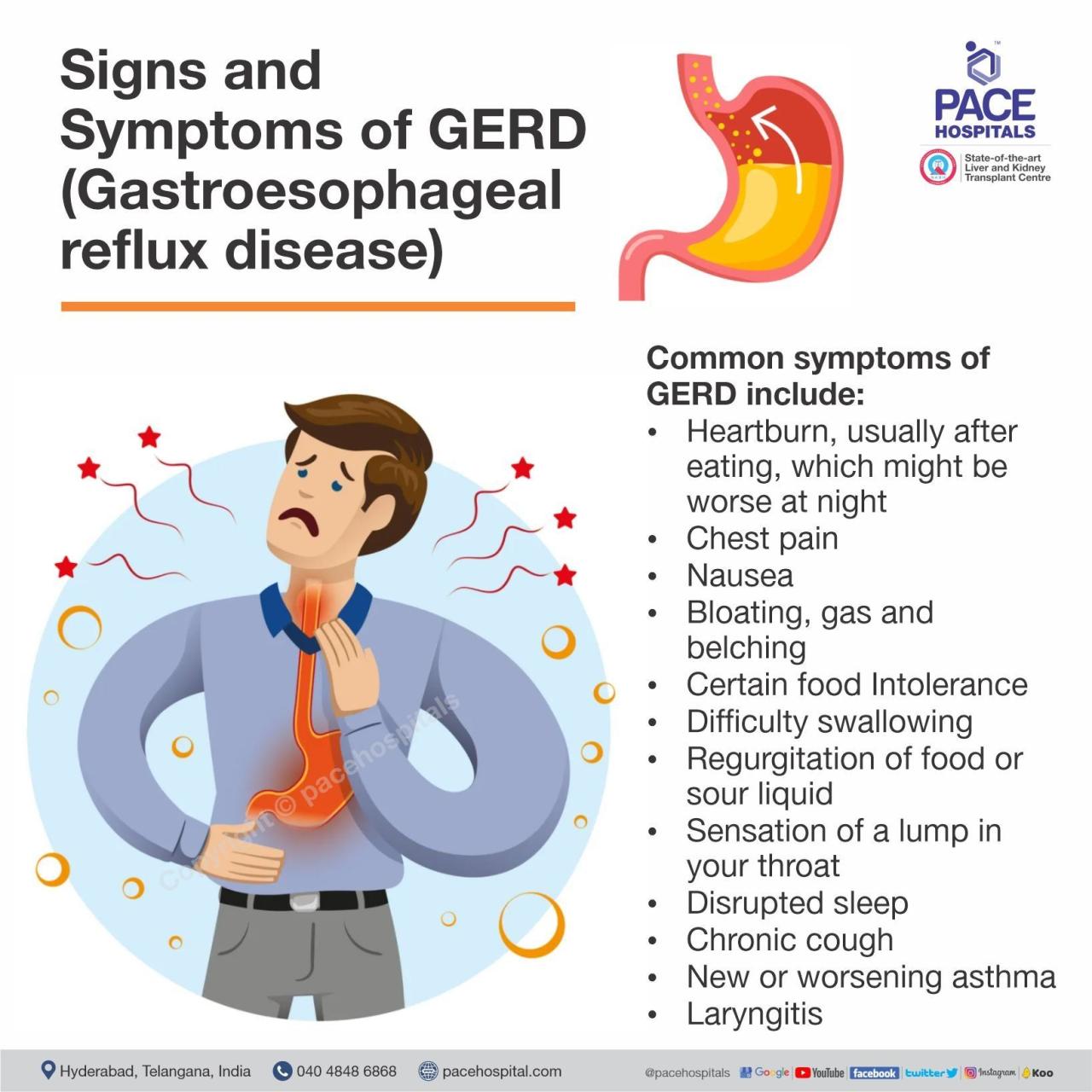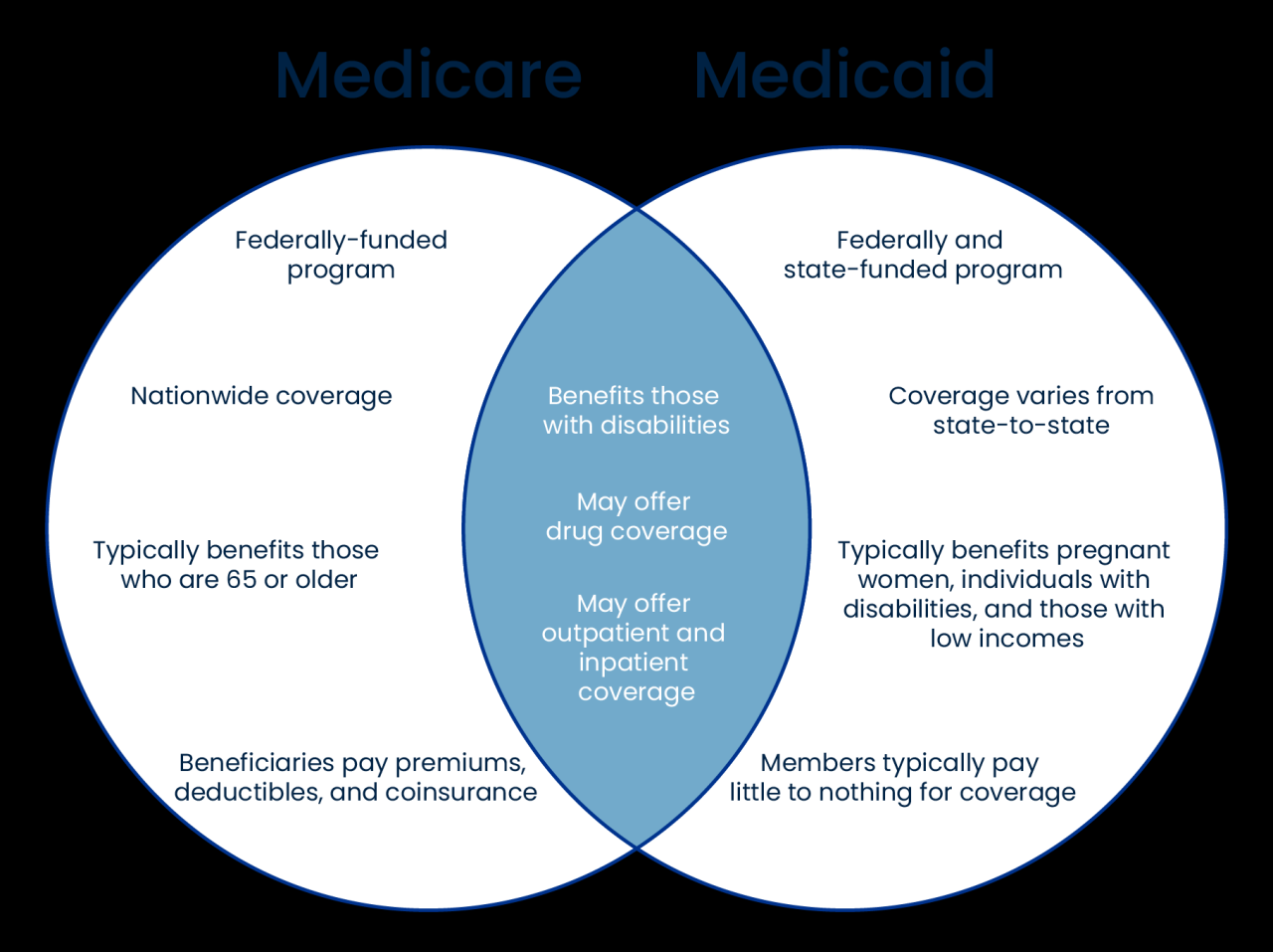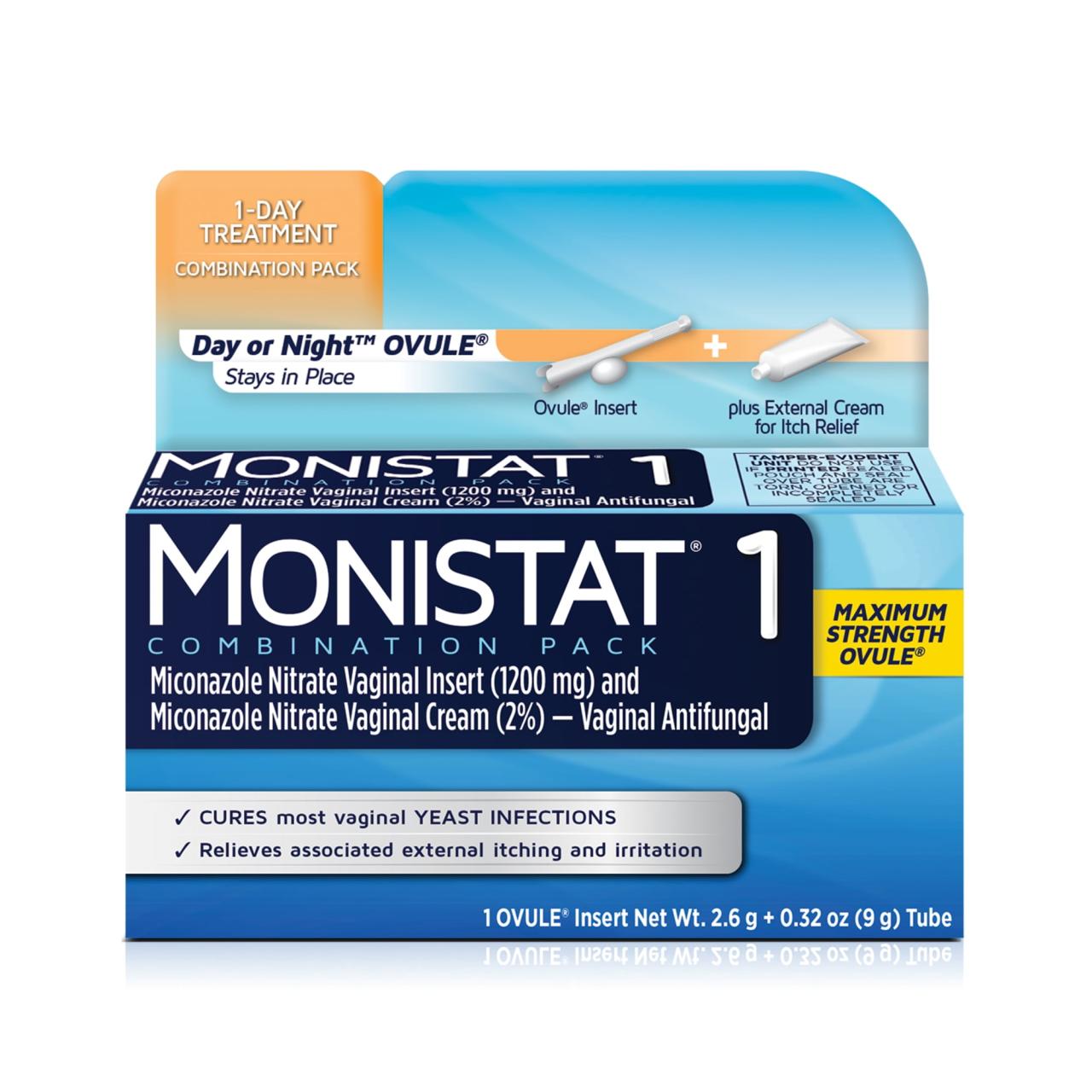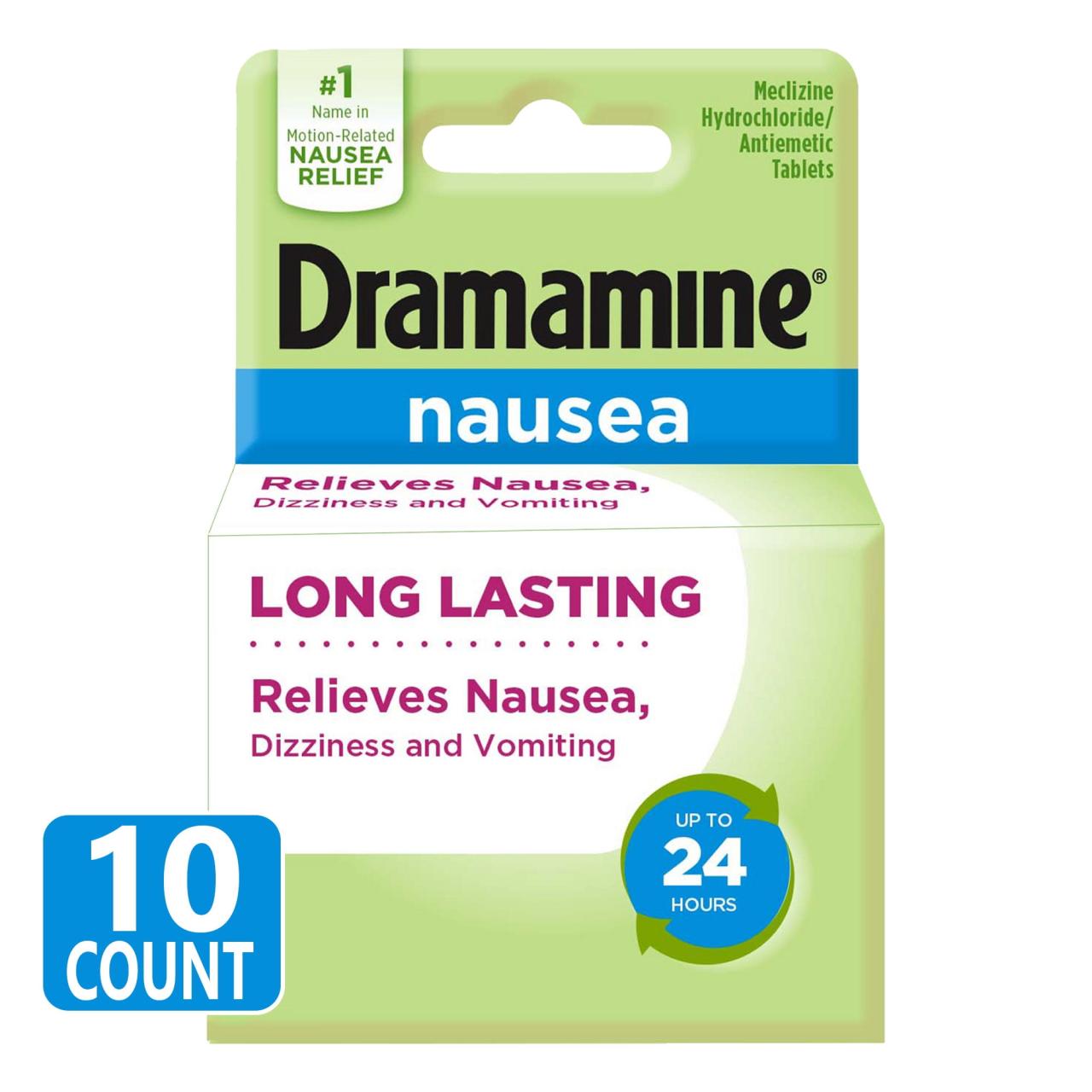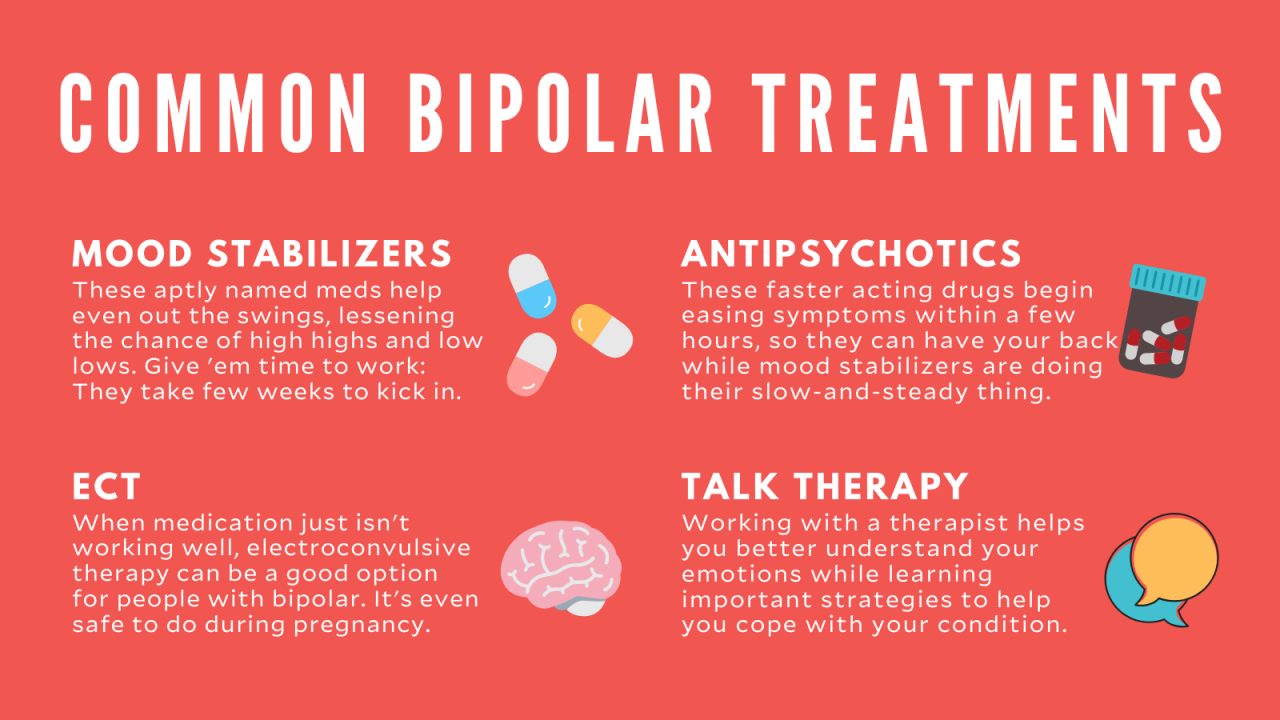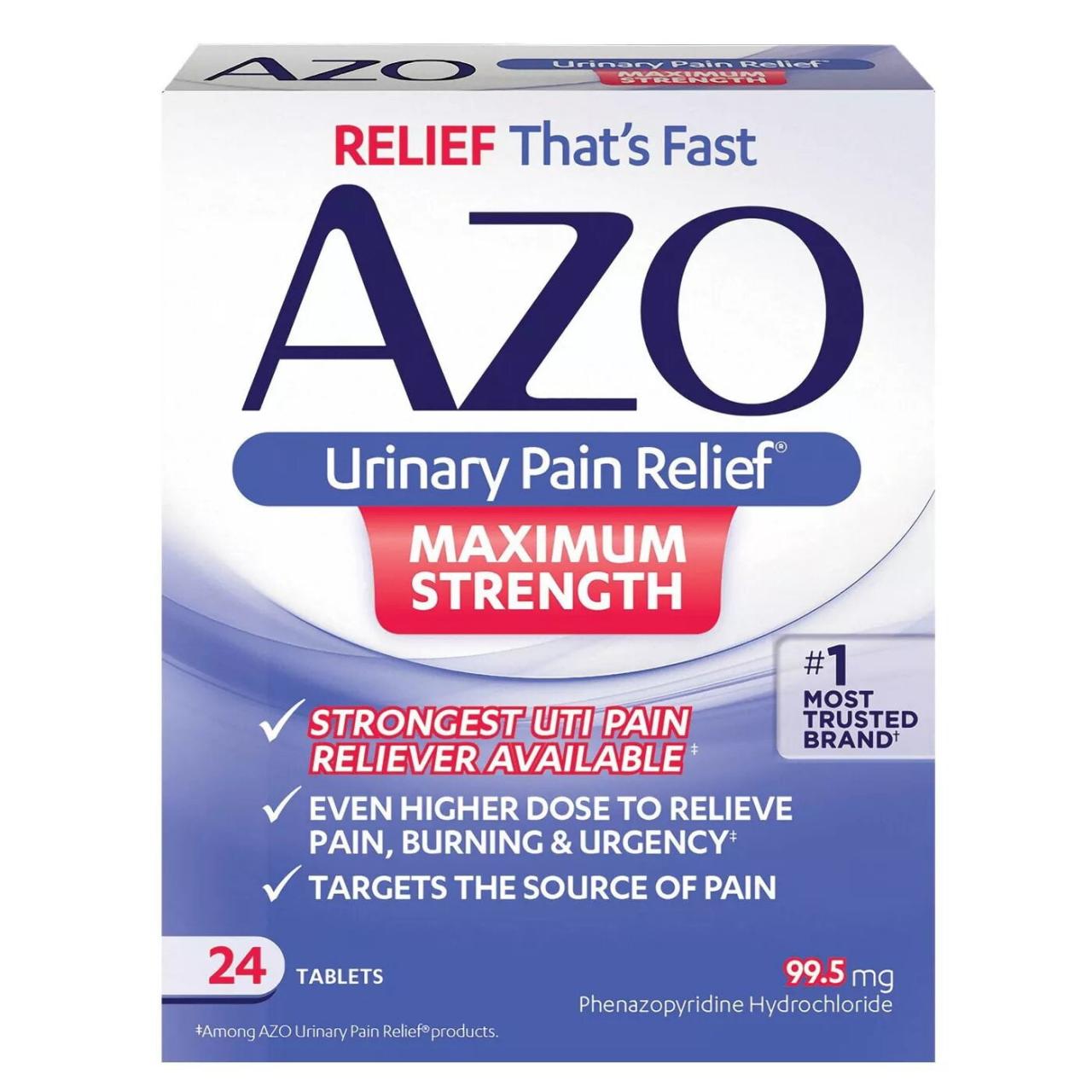Lithium medication has been a cornerstone of mental health treatment for decades. This powerful mood stabilizer, derived from a naturally occurring element, plays a crucial role in managing conditions like bipolar disorder. Its unique mechanism of action and effectiveness have made it a valuable tool for healthcare professionals, but it’s important to understand its complexities, including potential side effects and interactions.
This guide explores the fascinating history of lithium’s use in medicine, delves into its therapeutic applications, and provides essential information on administration, dosage, and safety considerations. We’ll also touch on lifestyle factors that can influence treatment success and address common questions about lithium medication.
Lithium Medication: An Overview
Lithium is a naturally occurring element that has been used in medicine for over a century. It is a mood stabilizer, meaning it helps to regulate mood swings and prevent extreme highs and lows. Lithium is most commonly used to treat bipolar disorder, but it can also be used to treat other conditions, such as depression and anxiety.
Chemical Composition and Properties of Lithium
Lithium is a soft, silvery-white metal that is the lightest of all metals. It is highly reactive and readily forms compounds with other elements. Lithium has a unique atomic structure that allows it to interact with certain brain chemicals, such as serotonin and dopamine, which are involved in mood regulation.
Mechanism of Action
The exact mechanism by which lithium works is not fully understood, but it is believed to influence the activity of certain neurotransmitters, such as serotonin, dopamine, and norepinephrine. Lithium may also play a role in regulating the production and release of these neurotransmitters.
By modulating the activity of these neurochemicals, lithium helps to stabilize mood and prevent extreme mood swings.
History of Lithium in Medicine
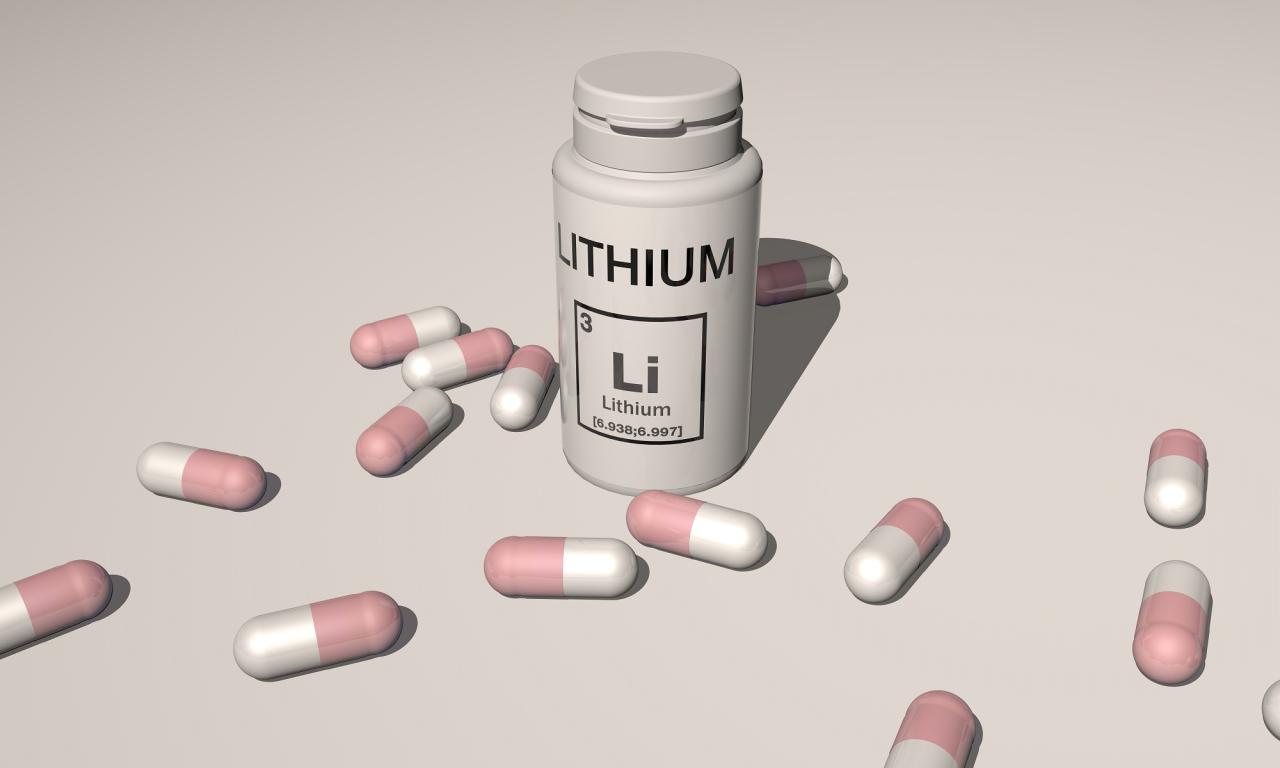
The use of lithium in medicine dates back to the early 20th century. In 1949, Australian psychiatrist John Cade discovered that lithium salts could effectively treat manic episodes in patients with bipolar disorder. His findings revolutionized the treatment of mental illness, and lithium quickly became a standard treatment for bipolar disorder.
Therapeutic Applications of Lithium
Lithium is primarily used to treat bipolar disorder, but it can also be used to treat other mental health conditions.
Bipolar Disorder, Lithium medication
Lithium is considered the gold standard treatment for bipolar disorder. It is effective in reducing the frequency and severity of manic and depressive episodes. Lithium works by stabilizing mood and preventing extreme highs and lows.
Other Conditions
Lithium has also been found to be effective in treating other mental health conditions, such as:
- Depression
- Anxiety disorders
- Schizophrenia
- Suicidal ideation
However, lithium is not typically the first-line treatment for these conditions.
Administration and Dosage
Lithium is available in various forms, including tablets, capsules, and liquid solutions. The dosage and frequency of administration vary depending on the individual patient’s needs and medical history.
Dosage and Frequency
The recommended starting dose of lithium is typically 300-600 mg per day, taken in divided doses. The dosage may be adjusted based on the patient’s response to treatment and blood lithium levels. Lithium is usually taken once or twice daily.
Dosage Adjustments

Several factors can influence dosage adjustments, including:
- Age
- Weight
- Kidney function
- Other medications
- Medical conditions
It is important to monitor lithium levels regularly to ensure that the dosage is appropriate and safe.
Ever wondered what “CVA” stands for in a medical context? It’s a common abbreviation for Cerebrovascular Accident , which is basically a stroke. It’s important to understand the meaning of these abbreviations, especially when it comes to your health.
Side Effects and Risks
Like all medications, lithium can cause side effects. Some side effects are mild and temporary, while others can be more serious.
Potential Side Effects
Common side effects of lithium include:
- Tremors
- Drowsiness
- Diarrhea
- Nausea
- Weight gain
- Increased thirst
- Increased urination
More serious side effects can include:
- Kidney problems
- Thyroid problems
- Cognitive impairment
- Cardiac arrhythmias
Risks and Complications
Lithium use can also lead to complications, such as:
- Lithium toxicity
- Hypothyroidism
- Diabetes insipidus
It is important to monitor lithium levels regularly and report any unusual side effects to a healthcare professional.
Interactions and Contraindications
Lithium can interact with other medications, including:
- Diuretics
- Nonsteroidal anti-inflammatory drugs (NSAIDs)
- Antibiotics
- Antipsychotics
It is important to inform your healthcare professional about all medications you are taking, including over-the-counter medications and herbal supplements, before starting lithium medication.
Contraindications
Lithium is contraindicated in certain individuals, including:
- People with severe kidney disease
- People with severe heart disease
- Pregnant women
- Breastfeeding women
It is important to consult a healthcare professional before starting lithium medication to determine if it is safe and appropriate for you.
If you’re ever looking at a medical report and see the abbreviation “CVA,” it’s likely referring to a stroke. A CVA, or cerebrovascular accident, is a serious medical event that occurs when blood flow to the brain is interrupted.
You can find more information about this medical abbreviation and its implications at cva medical abbreviation.
Lithium and Lifestyle
Lifestyle factors can influence the effectiveness of lithium treatment.
Diet and Exercise
Maintaining a balanced diet and regular exercise routine can help to improve mood and overall health. It is important to avoid excessive caffeine and alcohol consumption, as these substances can interfere with lithium levels.
Stress Management and Sleep Hygiene
Stress and lack of sleep can exacerbate mood swings. It is important to find healthy ways to manage stress, such as yoga, meditation, or spending time in nature. Maintaining good sleep hygiene, such as establishing a regular sleep schedule and creating a relaxing bedtime routine, can also be beneficial.
Ending Remarks: Lithium Medication
Lithium medication, while powerful, is not a one-size-fits-all solution. It’s crucial to work closely with a healthcare professional to determine if lithium is right for you and to manage potential side effects. By understanding the nuances of lithium treatment, individuals can make informed decisions about their mental health care and work towards a brighter future.


